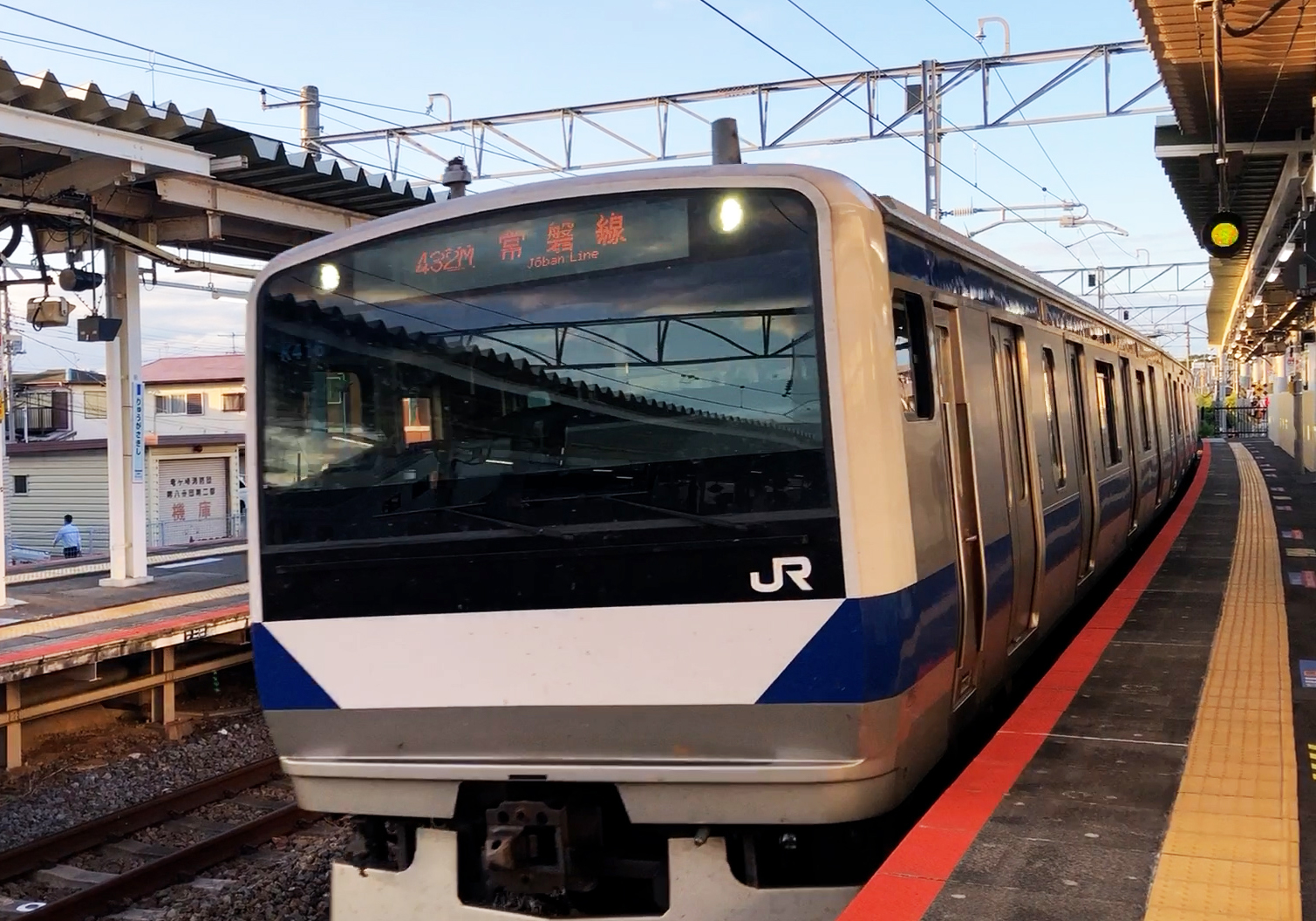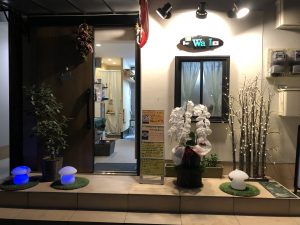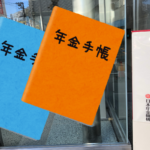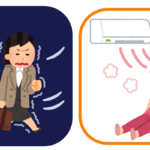
According to the report "Commute Time and Happiness," a study released by Nissay Research Institute, the longer the commute to work, the lower the happiness level.
The survey was conducted from February to March of this year as a web-based survey of people aged 18 to 64 across Japan, with a total of 5,594 responses, making it quite a large scale survey.
By the way, the national average commuting time to work and school for people over 10 years old was 1 hour and 19 minutes round trip, according to the National Survey of Social Life in 2016. That means it's about 40 minutes one way.
In this survey, the respondents were first asked to rate their current level of happiness on a scale of 0 to 10, and then were asked how many they would rate on a scale of 0 to 10. The result is that the highest number of people who score a 5 is 20%, followed by 8 and 7, both at 18%, and just under 13% who score a 6. When 3 and 4 points are added together, about 14% of the respondents give a score of 5.
About 37% of respondents said their commute to work was between 10 to 30 minutes for a one-way trip, followed by about 33% who said their commute was between 30 and 60 minutes, 50 minutes or less, and 50 minutes or more.
By way of comparison, about 4% of the respondents took 90 minutes or more.
When analyzing the relationship between happiness and commute time, it is clear that the longer the commute, the lower the happiness level.
In my case, the fastest commute one way to Gotanda, where I work, is 8 minutes from my home to the station, 70 minutes on the train, and 10 minutes from Gotanda station to my office, including transfers, is 90 minutes. If the timing of the transfer is bad, it's just under 2 hours. That's a little under four hours round trip. It is calculated that one sixth of a day is commuting time.
Since the Ueno-Tokyo Line was built, it is now possible to go from the nearest station to Shinagawa more often than not, but before, you had to stand on your feet both ways, and it was stressful to be on a train with so many people.
The shortest commute I've ever had to work in a company was when I was in Sagamihara, where I walked eight minutes from my house to the office. When I was in Izumi City, Kagoshima Prefecture, it took me 10 minutes to get to work by car. When I was in Ayase City, Kanagawa Prefecture, it took me 15 minutes to get to work. In Fukuoka City, it was about 30 minutes on foot and by train.
In a metropolitan area, it is difficult to commute to work within 30 minutes each way unless you are very fortunate. I think a lot of people have given up on the fact that they have no choice but to live in the suburbs because of the high rents, so a proportional commute time is unavoidable.
The best thing about being able to work from home due to the new coronavirus is that I no longer have to spend time commuting to work.
One of the reasons I switched to a four-day workweek when I stepped down from my management position in September to become a general retirement contractor was because the commute was becoming too much for me. So I chose to take less stress for that reduced salary.
So I'm convinced of the Nissei Research Institute's survey.
But in my case, though, my current happiness level is a 10, even with a long commute to work.









